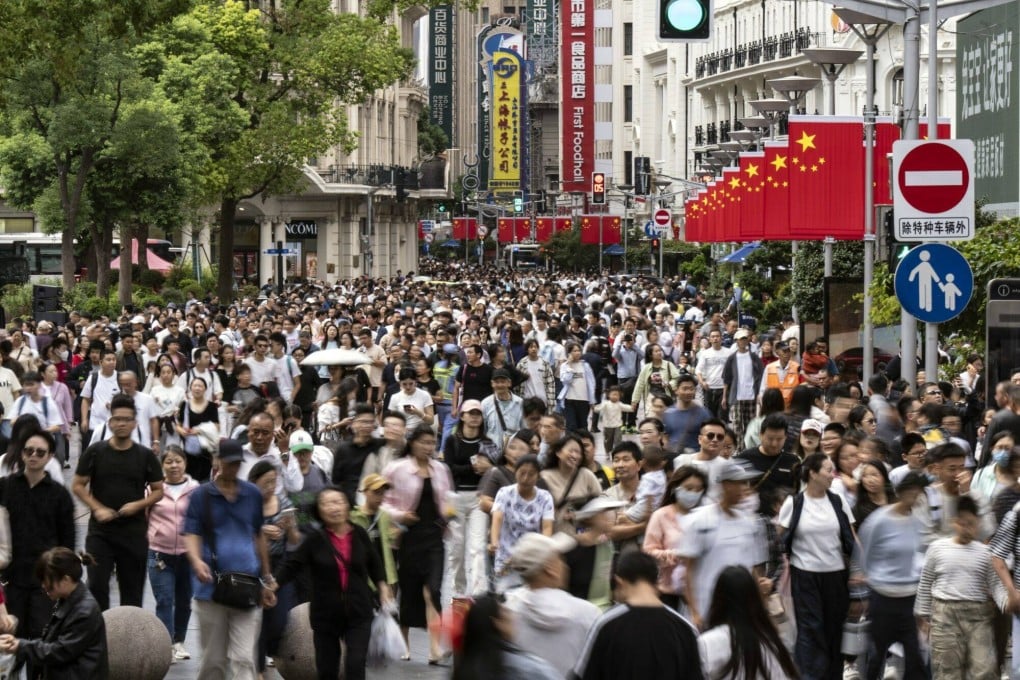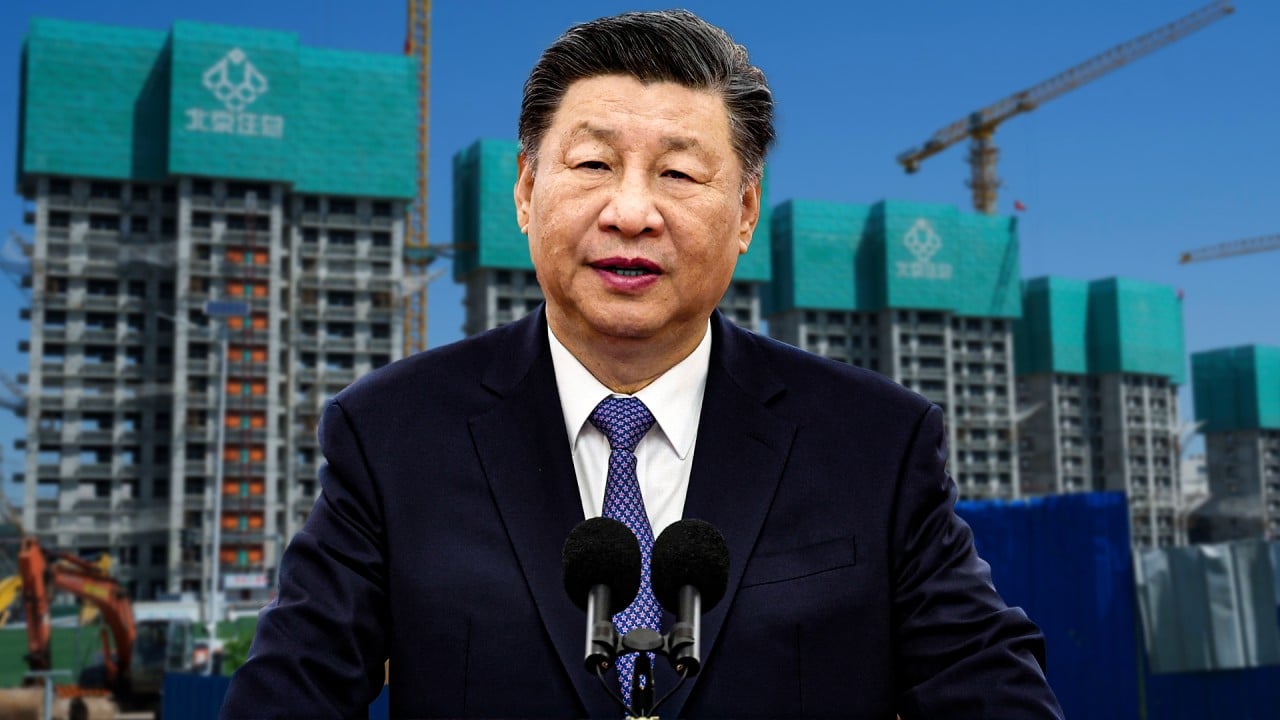Explainer | Who makes China’s stimulus decisions, and what’s the procedure?
What has changed since China rolled out a 4-trillion-yuan stimulus package in 2008, and why a concrete stimulus figure now remains elusive

In recent weeks, expectations of China unleashing a major stimulus reached a crescendo as the top brass of China’s major economic ministries and commissions took turns appearing on stage in the State Council’s press conference hall.
With Beijing’s stimulus plans under way, a closer look at the decision-making procedure in China’s political system may help explain why the ministries have been tight-lipped.
Who decides China’s stimulus packages?
Compared with the 2008 stimulus package announced by China’s then premier, Wen Jiabao, China’s current economic power now largely rests with the Central Financial and Economic Affairs Commission headed by President Xi Jinping.
And in the past decade, the top leadership has shunned all-out stimulus measures. The 4-trillion-yuan stimulus package rolled out in late 2008 was thought to have brought a variety of problems, including industrial overcapacity, a mountain of local-level debt through financing vehicles, heavy reliance on the property market, and rampant risk in the financial system.
Instead, they have preferred more targeted measures in trying to resolve the structural problems faced by the world’s second-largest economy.

